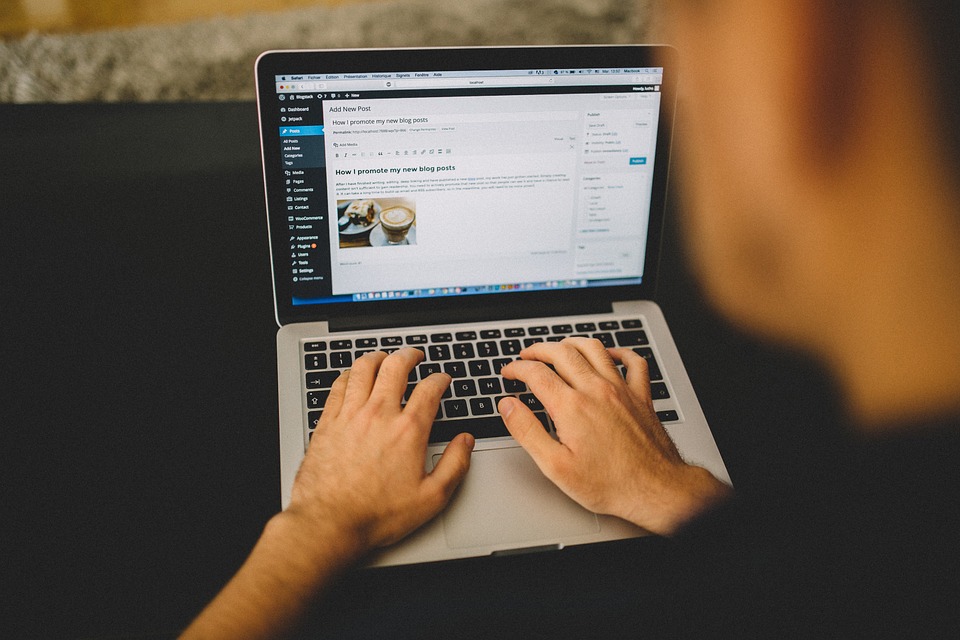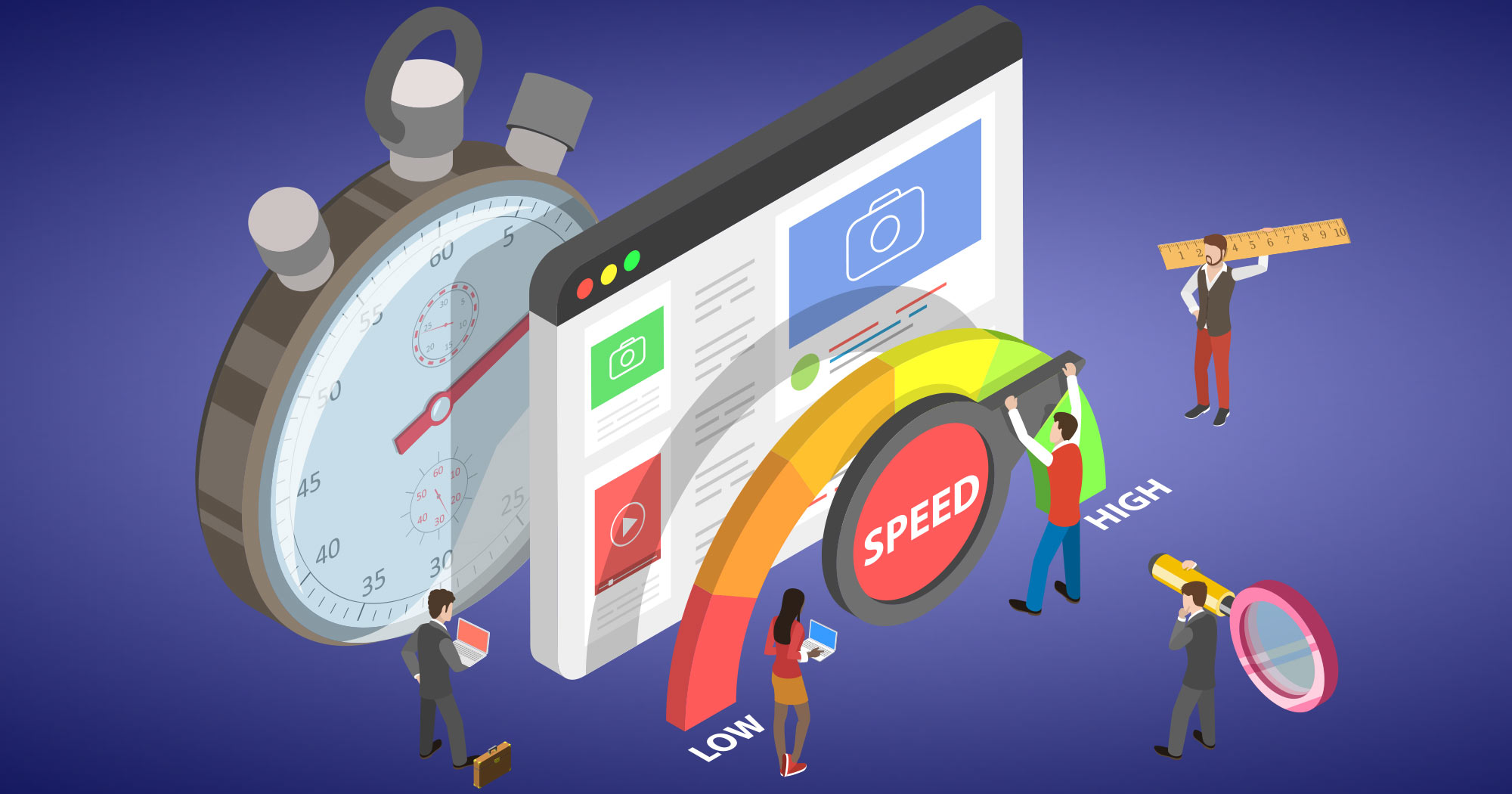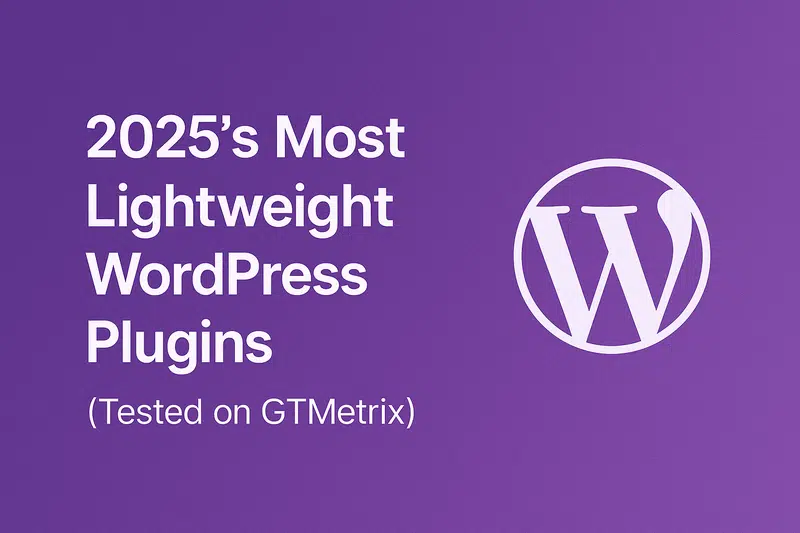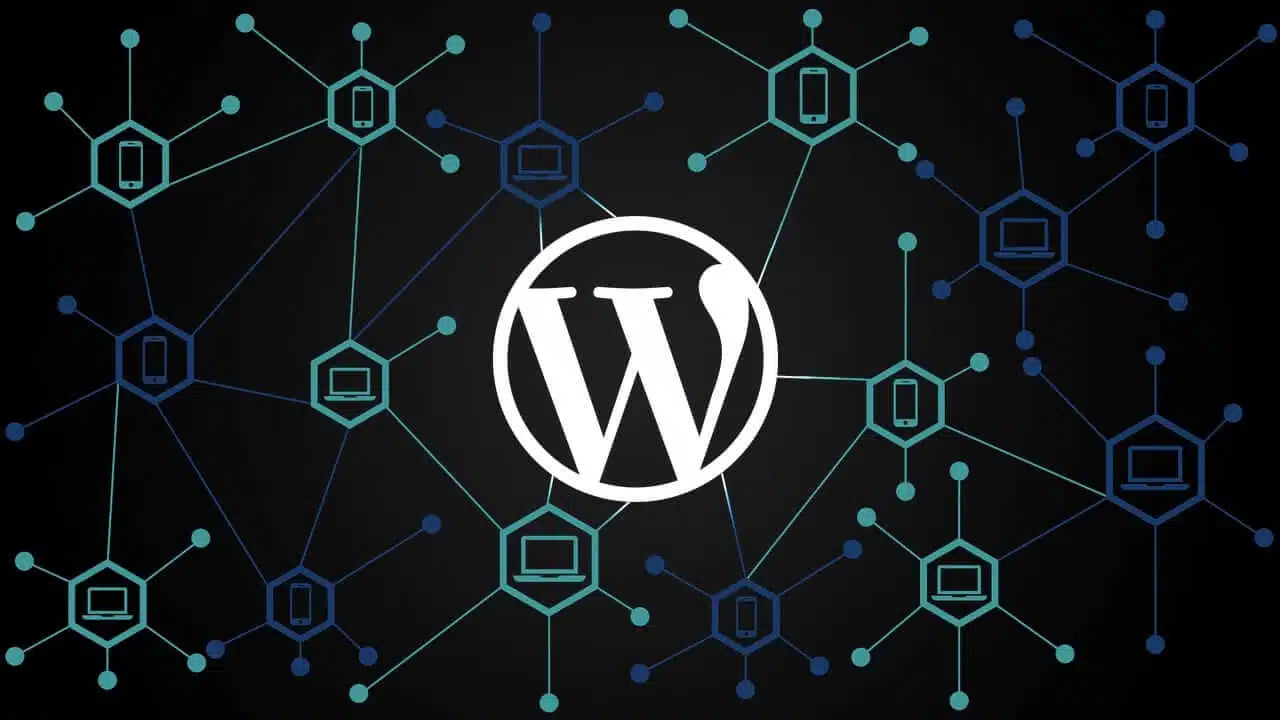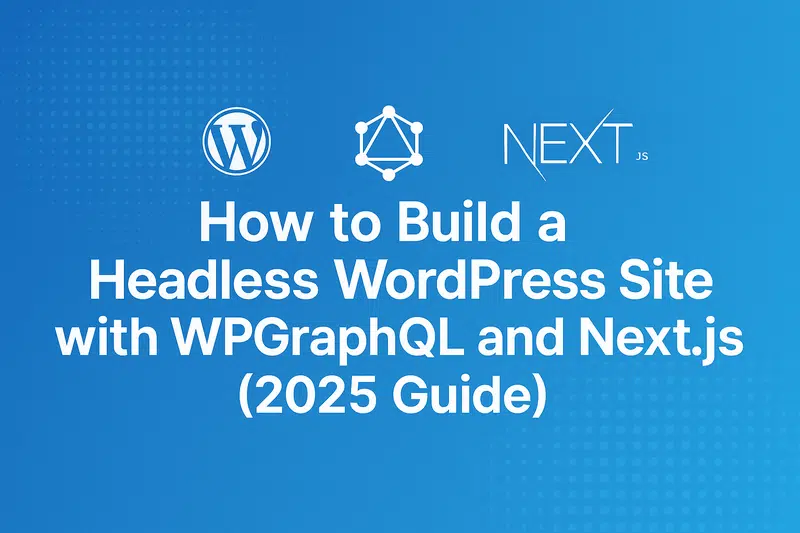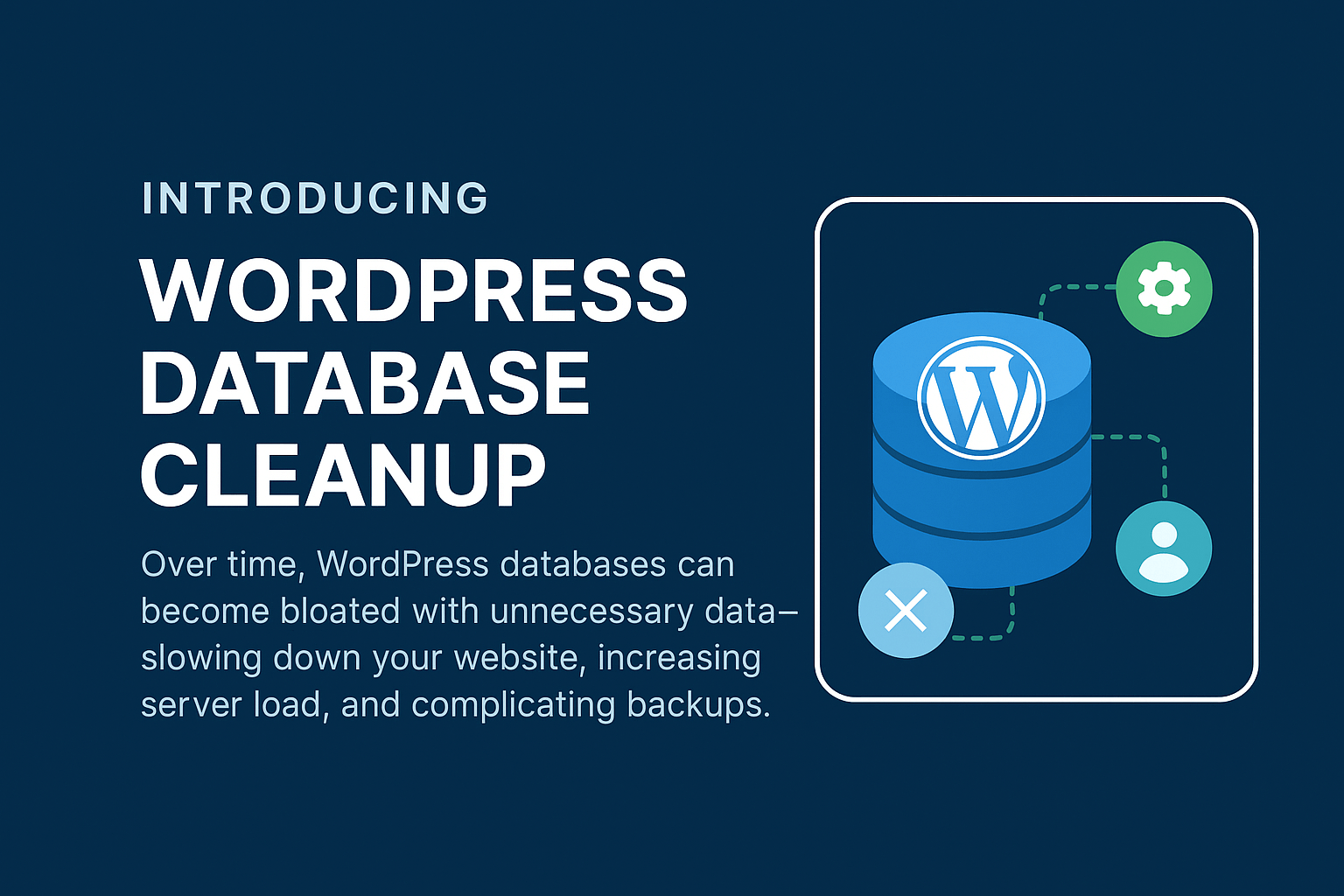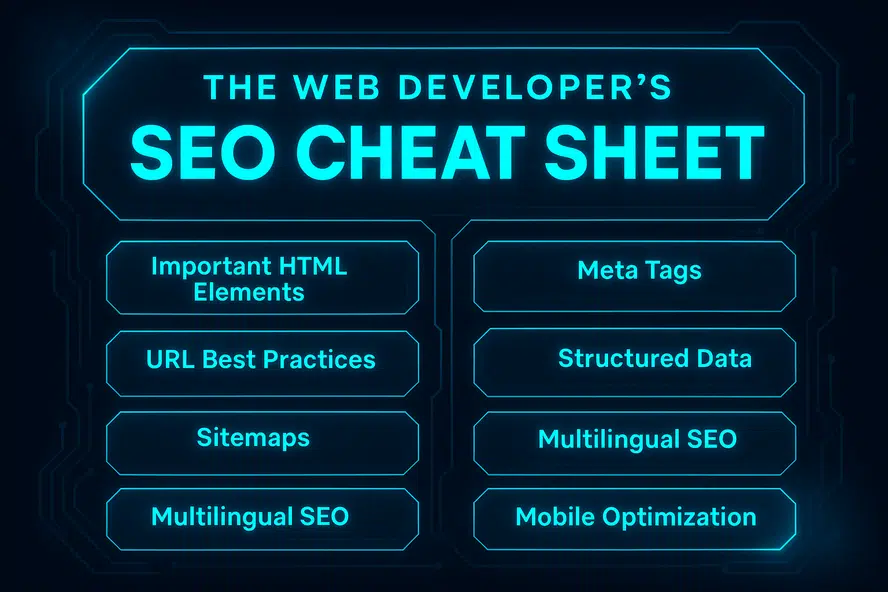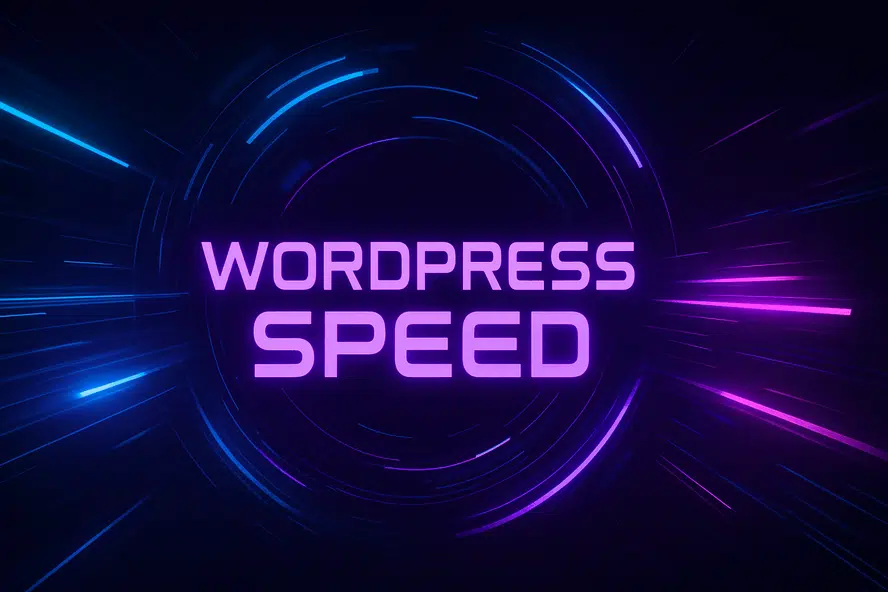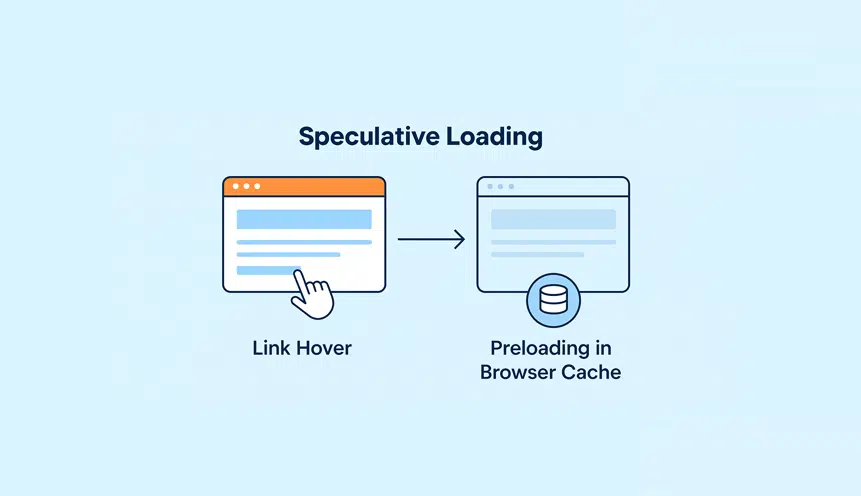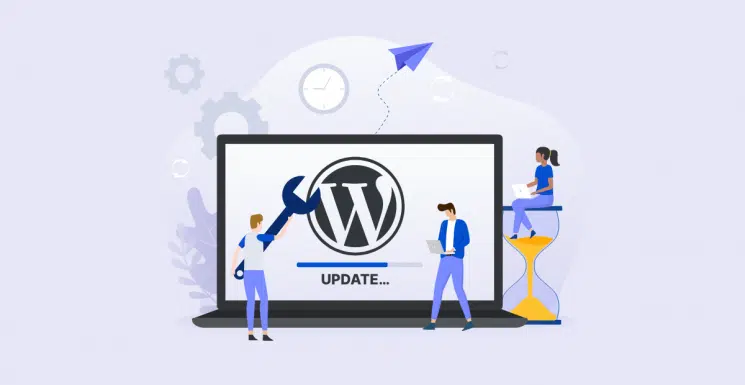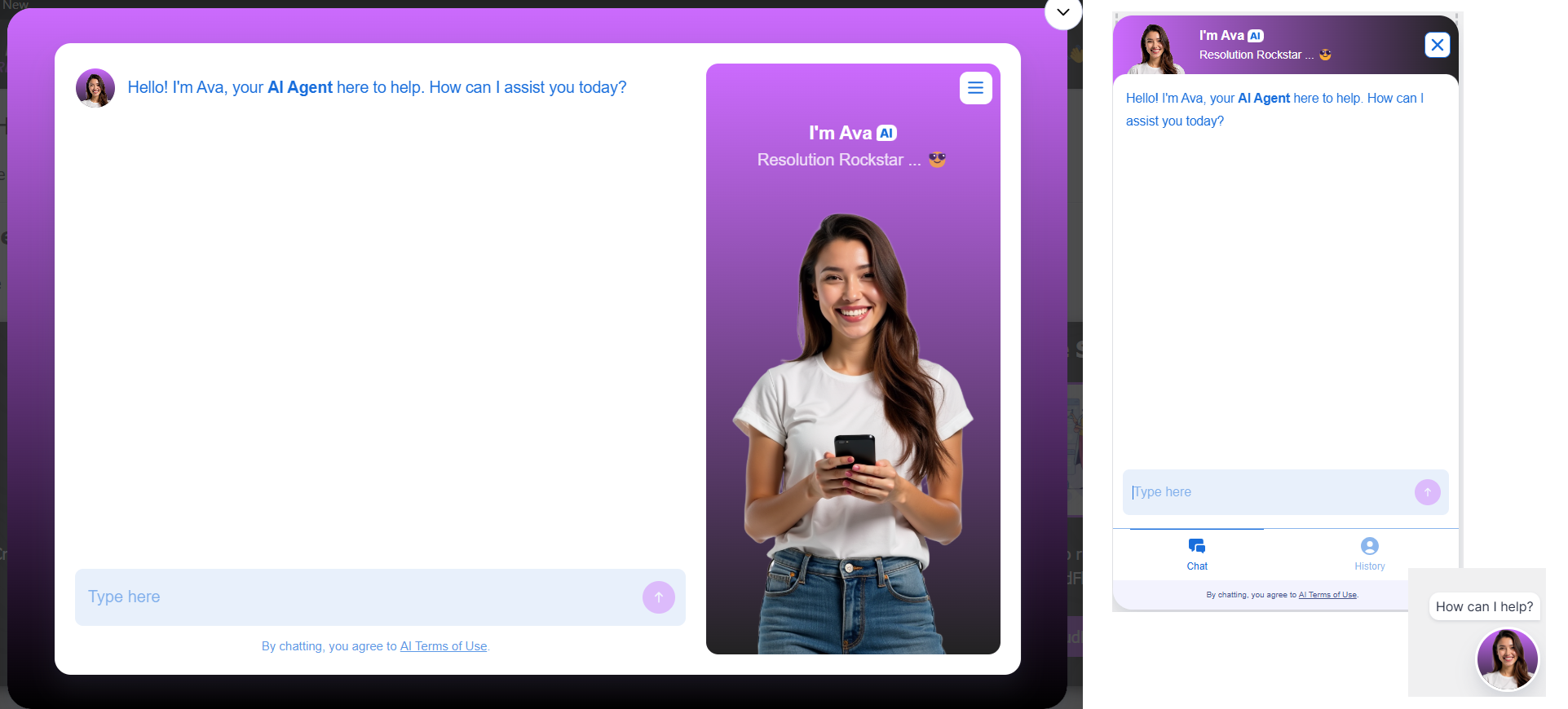Don’t Let WordPress Issues Hold You Back: Expert Tips to Overcome Challenges
Introduction
WordPress has become the go-to platform for individuals and businesses looking to build their websites quickly and efficiently. With its user-friendly interface and extensive range of plugins and themes, WordPress can cater to almost any website need. However, like any system, WordPress is not without its challenges. It is not uncommon for users to face issues that can hinder their progress and confidence in managing their websites effectively. In this article, we will explore some of the most common WordPress issues users encounter and provide expert tips to help you overcome them. Additionally, we will include a frequently asked questions (FAQs) section at the end to address any lingering concerns.
1. Slow Website Performance
One of the most frustrating issues that WordPress users may face is a slow-performing website. Slow loading times can significantly impact user experience and potentially drive visitors away. However, there are several steps you can take to improve your website’s performance:
– Optimize images:
Compressing images is crucial to reduce their file size without compromising quality. Several plugins such as Smush and EWWW Image Optimizer can automate this process for you.
– Enable caching:
Caching allows your website to store temporary copies of your pages, making them quicker to load for returning visitors. By installing a caching plugin like W3 Total Cache or WP Super Cache, you can boost your website’s speed.
– Minify files and scripts:
Unused characters, spaces, and comments within your website’s code can add unnecessary overhead. By minifying your CSS and JavaScript files using plugins like Autoptimize, you can improve your website’s loading speed.
2. Security Vulnerabilities
WordPress websites can be susceptible to security breaches if not adequately protected. Here are a few measures you can implement to enhance your website’s security:
– Update themes and plugins regularly:
Outdated themes and plugins may have vulnerabilities that hackers can exploit. By updating them as soon as new versions are released, you can ensure you have the latest security patches.
– Use strong passwords and two-factor authentication:
Choosing a strong password and enabling two-factor authentication adds an extra layer of protection to your WordPress account. Plugins like Wordfence and iThemes Security provide additional security features.
– Limit login attempts:
Restricting the number of failed login attempts can deter hackers using brute-force methods. Using plugins like Login Lockdown can help you enforce this restriction.
3. Compatibility Issues
WordPress is known for its extensive range of themes and plugins, providing users with numerous options for customizing their websites. However, compatibility issues between themes, plugins, and even different versions of WordPress can sometimes arise. Here’s how you can handle these issues:
– Research before installation:
Before incorporating a new theme or plugin, research its compatibility with your current version of WordPress. Read reviews and check for any reported issues to ensure a smooth integration.
– Test in a staging environment:
Setting up a staging environment allows you to test new themes, plugins, or updates without affecting your live site. This reduces the chance of compatibility issues causing disruptions to your website.
– Clear cache and disable plugins:
If you encounter compatibility issues after adding a new plugin or theme, try clearing your cache and disabling plugins temporarily. This can help identify the specific cause of the problem.
FAQs (Frequently Asked Questions)
Q1. How can I recover my WordPress website if it crashes?
A1. Ensure you have backups regularly created. Utilize plugins like UpdraftPlus or VaultPress, or work with your web hosting provider to enable automatic backups. If your site crashes, you can easily restore it from the backup.
Q2. Is it necessary to install all available plugins?
A2. No, it is not recommended to install every plugin you come across. Only install plugins that you need, and ensure they are from reputable sources. Too many plugins can slow down your site and increase the risk of compatibility issues.
Q3. Can I modify my WordPress theme’s code?
A3. While it is possible to modify the code of your WordPress theme, it is generally recommended to use a child theme instead. This allows you to make customizations without directly modifying the parent theme, making updates easier.
Conclusion
WordPress is an incredibly versatile and powerful platform for building websites, but it is not exempt from issues. Slow website performance, security vulnerabilities, and compatibility problems are just a few challenges users may encounter. However, armed with the expert tips provided in this article, you can overcome these hurdles and manage your WordPress website successfully. Remember to take precautions with backups, security measures, and research before installing new themes and plugins. By doing so, you can ensure a smooth and hassle-free WordPress experience.
Post Summary:
WordPress is a popular platform for building websites, but it’s not without its challenges. This article provides expert tips to overcome common WordPress issues. Slow website performance can be improved by optimizing images, enabling caching, and minifying files and scripts. Security vulnerabilities can be addressed by regularly updating themes and plugins, using strong passwords and two-factor authentication, and limiting login attempts. Compatibility issues can be managed by researching before installation, testing in a staging environment, and clearing cache and disabling plugins. The article also includes FAQs on recovering a crashed website, installing plugins, and modifying theme code.


